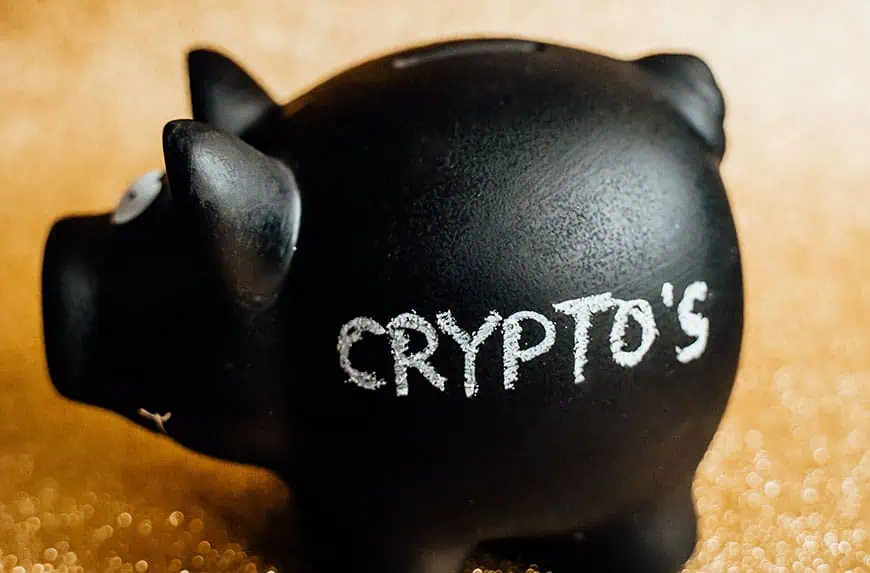Cryptocurrency wallets come in a wide range of forms. However, they may be divided into two basic categories: custodial wallets and non-custodial wallets.

Non-custodial and custodial: where is the private key?
When discussing whether a wallet is custodial or non-custodial, what is truly being taken custody of is not the funds in a crypto user’s account but rather the private key necessary to access their crypto assets.
Since the private key is stored by the custodial wallet service (like Coinbase or Kraken), the service is responsible for protecting the user’s funds. While using a non-custodial wallet, users have complete ownership of their private key and are responsible for its security.
What is a custodial wallet?
Most custodial wallets are hosted on a third-party website, typically by a centralized cryptocurrency trading platform such as Coinbase. Most exchange front-ends are built, so users never even have to access their wallets. Because of this friendliness, custodial wallets are typically favored by beginners, who appreciate not having to take responsibility for managing their private key.
Using a custodial wallet, a user will send funds to the wallet address they choose through their preferred platform. To verify the legitimacy of transactions, the private key’s keeper (here, a cryptocurrency exchange) must “sign” them with the key. Custodial wallets typically include simple integration with dApps and financial possibilities like staking and yield farming.
Notable custodial services
There are several possibilities for custodial wallet providers if you want to keep things basic and are okay with having a middleman stand between you and your cryptocurrency. Coinbase, Kraken, and Crypto.com are some well-known and trusted businesses that offer custodial wallet services.
What is a non-custodial wallet?
The private key and associated cryptocurrency funds are entirely under the user’s control in a non-custodial wallet. This independence, however, comes with more accountability. If you have a custodial wallet and forget your password, resetting your password requires a few emails and identification verification. But, if you lose your private key or hardware wallet, you will be unable to access your funds.
More advanced cryptocurrency users prefer non-custodial wallets due to their greater technical complexity.
A number of non-custodial wallets are browser-based, but there are other types available, too:
- Software wallets keep private keys on a computer’s hard drive and encrypt them. However, a hardware wallet is the safest type of all.
- Hardware wallets look like USB thumb drives and can only be used online when connected to a computer or phone.
Notable non-custodial wallet providers
There are several reliable providers for cryptocurrency users looking for the independence provided by a non-custodial wallet: Edge Wallet, Blockchain.com, Electrum Bitcoin Wallet, Trust Wallet, Exodus Wallet and MetaMask are a few of these.
Custodial vs. Non-Custodial: Which one to choose?
Choose between a custodial and a non-custodial crypto wallet based on the wallet’s features most relevant to you.
Cryptocurrency beginners and those who value the hands-off nature of exchange and centralized wallet management often opt for custodial wallets. Those that want greater control over who has access to their cash might consider a non-custodial wallet.
All types of wallets have advantages and disadvantages, so it’s crucial to consider what features are most important to you before making a final choice.
Disclaimer: Investing can be quite a wild ride – especially when you don’t know the terrain! To keep things from getting too rocky, take some time beforehand to get familiar with all of the risks involved. Our site is here to up your investor game by providing all available intel about platforms and trends, but we don’t take responsibility nor can we be held accountable as advisors. That being said, it’s still important for you to make educated decisions that match what works best for YOU – just remember: no amount of savvy will guarantee success or protect against loss so invest money you can spare











